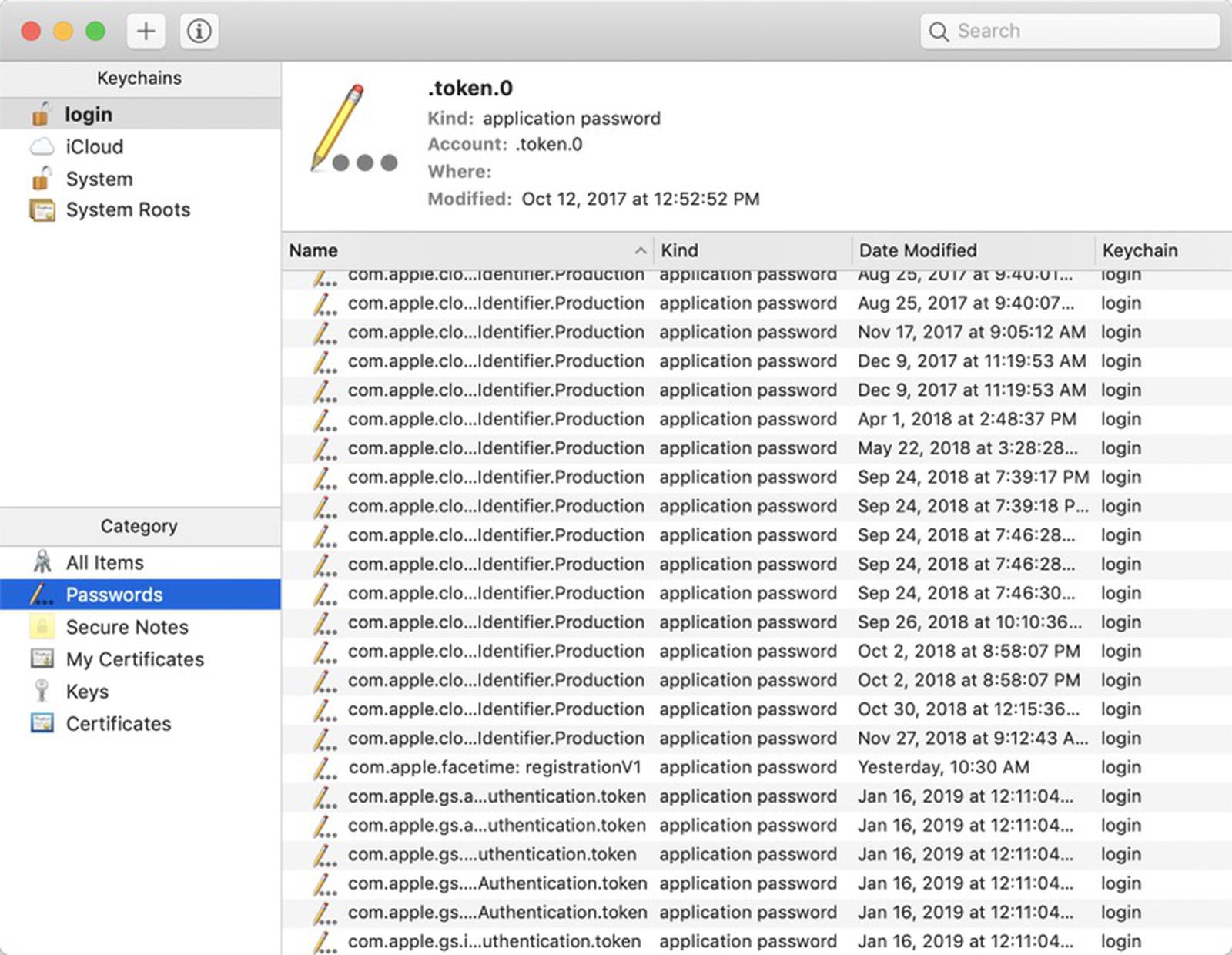Apple yesterday withdrew its latest OS X development guidelines after the document raised a storm of protest.
Continuing with my research I stumbled upon MJPG-streamer, a small open source MJPEG streaming server written in C that I was easily able to compile for the Raspberry Pi. The following sections describe how I've used this tool to create a very flexible, play anywhere, streaming server for my Raspberry Pi camera. Installing MJPEG-streamer. My project profiles Simon Moya-Smith, a Brooklyn-based activist for Native American rights. He, alongside other young Native Americans, protests against the ubiquitous cultural misappropriation of Native American culture by people who are not Native by using social media like Twitter and Instagram to send his message to a broader audience now than Native Americans were ever able to reach. Discover the innovative world of Apple and shop everything iPhone, iPad, Apple Watch, Mac, and Apple TV, plus explore accessories, entertainment, and expert device support.
- Apple has released the iOS 14.5 and iPadOS 14.5 operating system update, adding the ability to unloc Chris Smith April 26, 2021 6:52 pm BST. Spotify is raising its subscription prices in the UK.
- Minimum OS: Windows 7 Memory: 2GB RAM Hard Drive: 12GB HD Space Graphics Card: ATI Radeon HD 2600 or better., NVIDIA 7800 or better., Intel HD Graphics or better. Broadband Internet: Minimum 256 kbps download, 64 kbps upload.Minimum of 256MB of on-board RAM and Shader 3.0 or better support. Mac System Requirements Processor: Intel® Core™ 2 Duo.
Published four days ago, Apple posted Technical Information Note TN2034 containing advice on good programming practice for Mac OS X. Traffic on the list - usually confined to discussion of arcane programming tips - mushroomed as developers expressed their dissent. And some, with the encouragement of Apple developer support, reported the Technical Note as a bug.
'This technote does not give any advice on programming the Mac OS, only a laundry list of things to do that would definitely hurt the ease of use of my apps,' said one Apple developer. 'This technote is a joke that should be withdrawn. I'd be embarrassed to be caught doing any of these practices. You should be embarrassed for promoting them.'
Yesterday Apple's Technology Manager for Worldwide Developer Relations said the Note was being withdrawn to take account of adverse reaction:
'TN2034 is going to be re-written to include and address the feedback we've been getting, meanwhile the current technote is no longer available on our web site,' wrote Xavier Legros.
So what caused this ire?

Objective
At first glance TN2034 looks innocuous enough and appears to do little more than aggregate some very generalised good advice that Apple has been giving developers for some time. But the document also re-opens some old wounds, incurred by many Apple developers in what they describe as the takeover of Apple by NeXT in 1997.
The Protest Mac Os Download
The note advises developers to use filename extensions instead of metadata, and to avoid features specific to MacOS' file system HFS, which is uh, metadata again.
The section entitled 'Be judicious with C+' [sic] seems to have raised the most angry responses. TN2034 advises developers not to write code destined for shared libraries in C++. Or C+, even:
'Exploiting all the features of C+ in your code can make porting your software to new platforms and new compilers difficult.' Apple also suggests 'C+' is not particularly portable, a claim hotly disputed on the developer lists.
Ironically the original, post-NeXT acquisition developer roadmapmaintained Windows portability in the form of the Yellow Box APIs, which as Apple explained let you run code on 'Rhapsody for Intel, Windows 95, and Windows NT.' In its day, this technology (NeXTStep/OPENSTEP) was supported by Sun, HP and DEC too. But after taking the reins at Apple, Jobs ensure applications written for the APIs would remain on Mac hardware.
Oh - unless they are written for WebObjects, which Apple supports on Solaris and Windows 2000. Got that?
Boxing clever
The Protest Mac Os 11
The NeXTiles running Apple have always preferred developers to write to Cocoa in Objective C or Java, as the development environment was one of the platform's great strengths. But they've ran into a vast body of Mac code which would have had to be rewritten from scratch.
At first Apple tried a stick, by de-emphasising the backward-compatible 'Blue Box', APIs, which morphed in to Carbon. And plenty of carrots, in the form of Yellow Box/Cocoa-only features. But one-by-one these carrots have fallen away. Services, a killer feature of NeXT, is now available to Carbon developers too. So all Cocoa can boast is the rapid application time. Against this developers face lack of portability, and hiring or training Objective C programmers.

The Protest Mac Os X
Apple's latest guidelines rapidly turned into a NeXT-bashing session, and regardless of how diplomatically Apple phrases TN2034's successor, no one will ever be fully satisfied. NeXT was a fundamentally different animal to the MacOS. It strikes us that Java could offer some a happy compromise, but we don't meet too many Java OS X developers. Anyone out there want to tell us of your experiences? ®
The Protest Mac Os Catalina
Get ourTech Resources